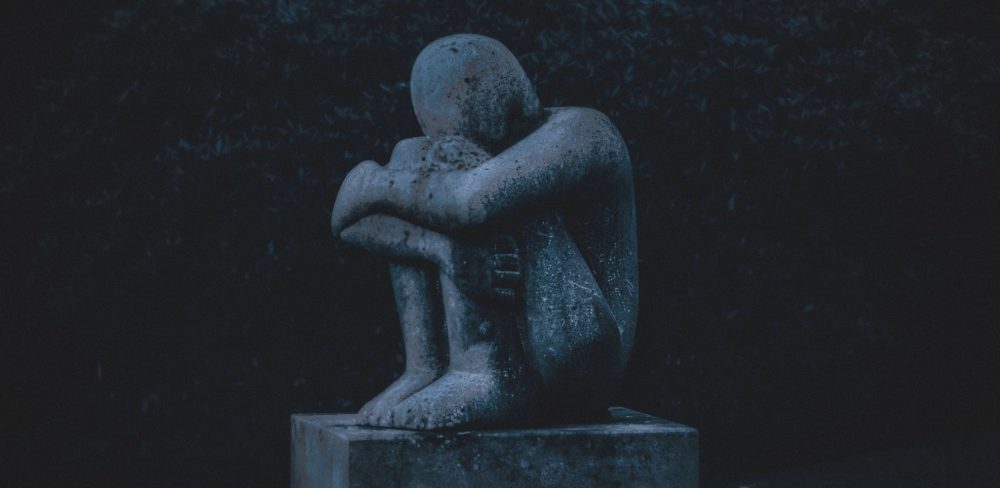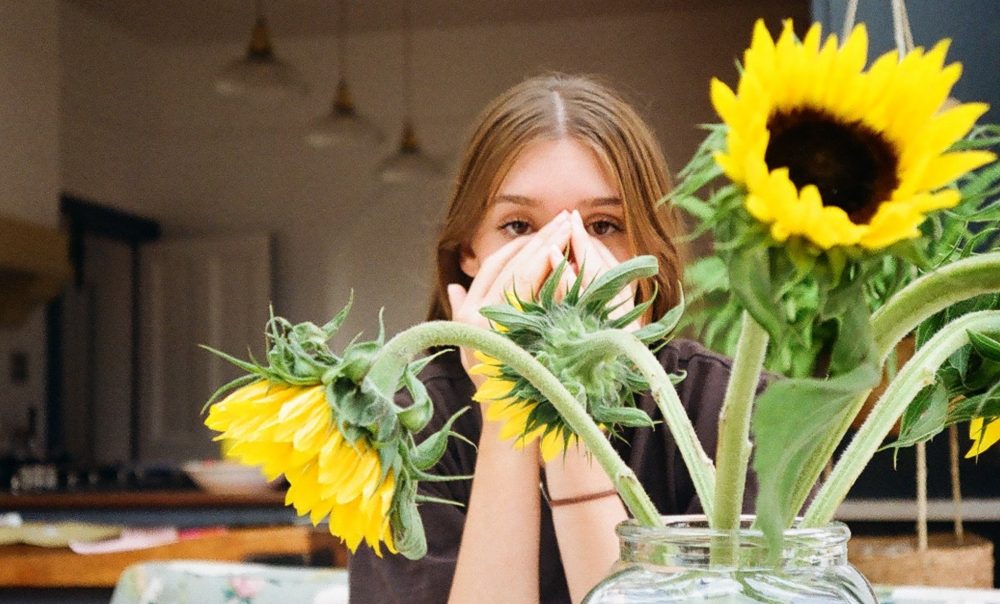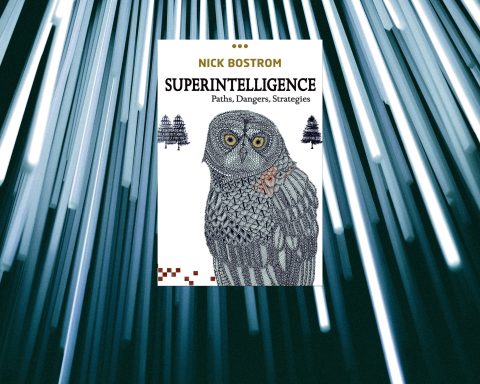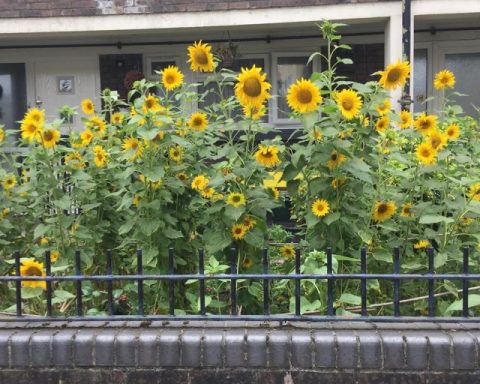
Catherine Millington-Sanders (right) is a GP and RCGP / Marie Curie National Clinical End of Life Care Champion. She is on Twitter: @DrCatherineUK
Bereavement is pervasive. Over 500,000 people die in England and Wales each year, with the COVID-19 pandemic pushing this number over 600,000 in 2020. Studies have suggested that 72% of people have suffered a bereavement in the last 5 years,1 that 1 in 20 young people experience the death of at least one parent,2 and that each COVID-19 death leaves roughly 9 close relatives bereaved.3
The effects of bereavement may also be pervasive – and these extend well beyond the commonly recognised psychological impacts. With bereavement may come changes in physical parameters ranging from blood pressure to immune response to platelet activation and most notably, increased hospitalisation and mortality risk.4,5 Social isolation and loneliness, which already contribute to many GP attendances, are inevitably compounded by both bereavement and COVID-19 restrictions.6
Put these together and we see that the impact of bereavement on primary care is huge: arguably the majority of patients have experienced a ‘recent’ bereavement and a whole range of potential presentations in these individuals could be linked to grief. Faced with this need, we know that GPs recognise bereavement care as an important part of their role, yet they experience challenges delivering it,7 and during COVID-19 it appears most bereaved people didn’t look to their GP for support, and most of those who did had difficulties doing so.6
Responding to this melting pot of unmet need, fuelled by the fire of the pandemic, RCGP formed a bereavement task-and-finish group of numerous stakeholders to both raise awareness of grief and strengthen bereavement support resources available to practices across the UK. The well-established Daffodil Standards already highlight the importance of bereavement care, and the tools produced by this collaboration aim to enhance this quality improvement approach by giving primary care staff some really simple practical solutions to make the most of every contact bereaved people make with general practice in a consistent and compassionate way.
• With the help of Marie Curie, a new animation explains the role of general practice in supporting bereaved patients with specific suggestions including consistent bereavement coding and signposting to information and services.
• Along with Cruse Bereavement Support, a practice poster has been produced to highlight that general practice can offer information and support to bereaved patients and encouraging patients to recognise their own care needs and to reach out for support when needed.
• And also with Cruse, a “Very Brief Advice” communication framework has been devised to provide a simple structure to increase confidence of all primary care staff, from receptionists to GPs, to respond compassionately to bereaved patients and succinctly signpost to appropriate forms of support.
All tools can be accessed here, under the “Bereavement and Grief” resources section.
This week is National Grief Awareness Week, which aims to get society talking about grief. Let’s use this week to get primary care talking about grief too by sharing these new initiatives with our networks and enacting them in our workplaces.
We also know that this is only part of the story, with many questions yet unanswered. The UK Commission on Bereavement is currently open to submissions until 31st December 2021, seeking to understand the challenges and innovations in bereavement support from perspectives of bereaved people from all social backgrounds and organisations and individuals working to provide care to those who are grieving. Please share your perspectives here.
References
- Sue Ryder. A better grief. 2019. Available from: https://www.sueryder.org/sites/default/files/2019-03/a-better-grief-report-sue-ryder.pdf
- Parsons S. Long-term impact of childhood bereavement – Preliminary analysis of the 1970 British Cohort Study (BCS70). 2011. Available from: https://www.gov.uk/government/publications/long-term-impact-of-childhood-bereavement-preliminary-analysis-of-the-1970-british-cohort-study-bcs70
- Verdery AM, Smith-Greenaway E, Margolis R, Daw J. Tracking the reach of COVID-19 kin loss with a bereavement multiplier applied to the United States. Proc Natl Acad Sci. 2020 Jul 28;117(30):17695 LP – 17701. Available from: http://www.pnas.org/content/117/30/17695.abstract
- Stroebe M, Schut H, Stroebe W. Health outcomes of bereavement. Lancet. 2007 Dec 8;370(9603):1960–73. Available from: https://doi.org/10.1016/S0140-6736(07)61816-9
- Buckley T, Sunari D, Marshall A, Bartrop R, McKinley S, Tofler G. Physiological correlates of bereavement and the impact of bereavement interventions. Dialogues Clin Neurosci. 2012 Jun;14(2):129–39.
- Harrop E, Goss S, Farnell D, Longo M, Byrne A, Barawi K, et al. Support needs and barriers to accessing support: Baseline results of a mixed-methods national survey of people bereaved during the COVID-19 pandemic. Palliat Med. 2021 Oct 22;35(10):1985–97. Available from: https://doi.org/10.1177/02692163211043372
- Pearce C, Wong G, Kuhn I, Barclay S. Supporting bereavement and complicated grief in primary care: a realist review. BJGP Open. 2021 Apr 14;BJGPO.2021.0008. Available from: http://bjgpopen.org/content/early/2021/04/12/BJGPO.2021.0008.abstract
Acknowledgements: Marie Curie, Cruse Bereavement Support, National Lottery, Dr Dharini Shanmugabavan, Dr Victoria Tzortziou Brown OBE, Dr Felicity Knights, RCGP EOLC Team, RCGP & EOLC Partners Think Tank, RCGP Bereavement Task and Finish group stakeholders, RCGP bereavement expert reviewers, Contributors with lived experience of bereavement and The Like Minded creative team.
DOI: Catherine Millington-Sanders’s RCGP National EOLC Clinical Champion role is funded by Marie Curie and Catherine’s contribution to the RCGP/ Cruse bereavement support tools development was funded by Cruse with National Lottery Funding.
Featured image by K Mitch Hodge at Unsplash









